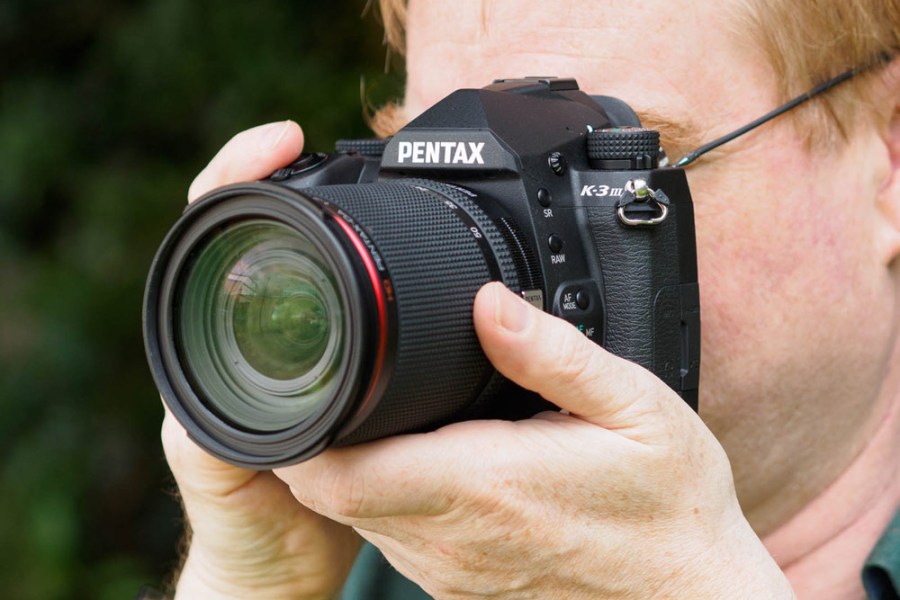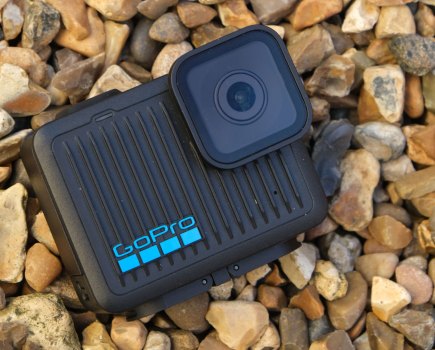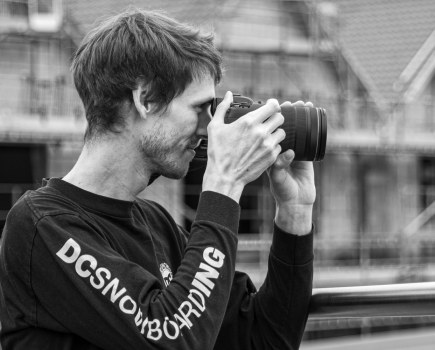Maybe Pentax, Leica, and the Fujifilm X100V are onto something, and they all have one thing in common with the DSLR. John Bridges shares his opinion with us.
Maybe it’s not just the vintage, retro, classic styling of the Fujifilm X100V that makes it the best compact camera, and so popular that Fujifilm have run out of stock, and are struggling to keep up with orders. Maybe it’s not just the fault of TikTok influencers.
Maybe it’s not the premium, collectors’ status that keeps people coming back to Leica, and desiring these cameras. Perhaps it’s not the hand-crafted build quality that means people are prepared to pay thousands and thousands of dollars for them.
And maybe it’s not a loyal hardcore fanbase, weather-sealing, and DSLR ergonomics that keeps people coming back to Pentax DSLRs and lenses, and sticking with Nikon DSLRs and Canon DSLRs.
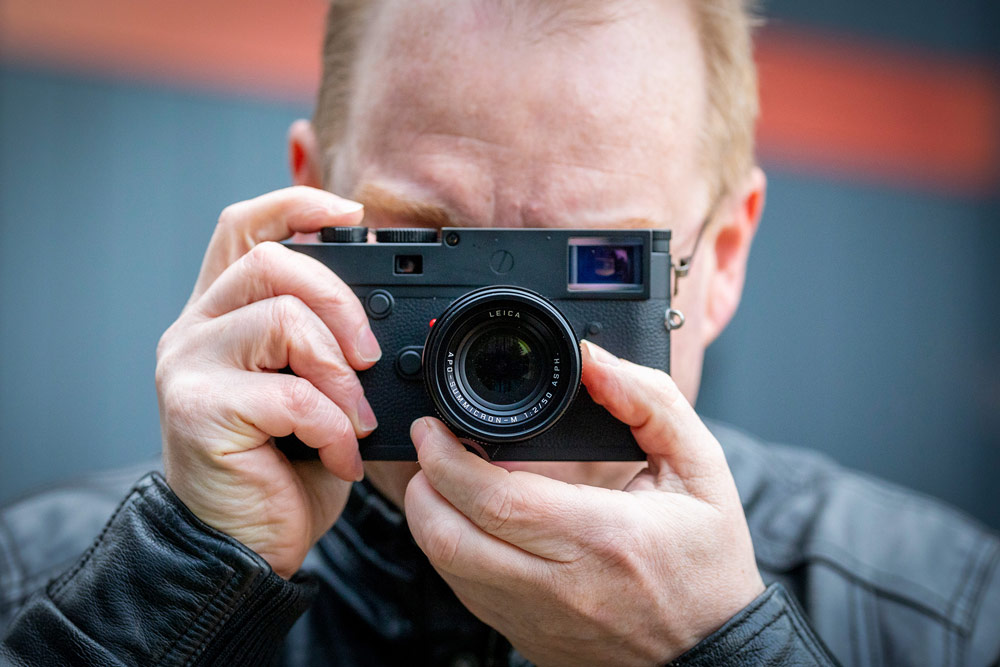
The M10 Monochrom sports a large, bright optical viewfinder. Photo credit: Andy Westlake
What if it was actually the optical viewfinder…
What if it was actually the OVF in these cameras that keeps people coming back for more? Just think about all the new cameras with electronic viewfinders (EVF), from Fujifilm with the X-S20, from Canon with the R100, from Nikon with the Z8, and Leica with the Q3.
These all offer a What You See Is What You Get (WYSIWYG) electronic viewfinder (and screen), where you can see what your photo will look like before you’ve taken the photo.
But what if the optical viewfinder is the magic part of photography that is missing from modern cameras?
What if this WYSIWYG feature is actually robbing us of our creativity, and our ability to feel the excitement of the unexpected? Remember when you took a photo and you didn’t know what it was actually going to look like?
This was how film photography worked, with large optical viewfinders, and it was exciting! It took some real effort to get consistently good photos repeatedly. When digital cameras came along, it was possible to get better results, and sure, early digital cameras, were a lot more hit and miss, but it was still easier, and more reliable than film photography.
As time and technology progressed, cameras have continued to get better and better, with improved dynamic range, improve noise performance, better colour reproduction, incredibly reliable focus systems, and electronic viewfinders that let you see exactly what you’re going to get before you’ve even pressed the shutter release button.
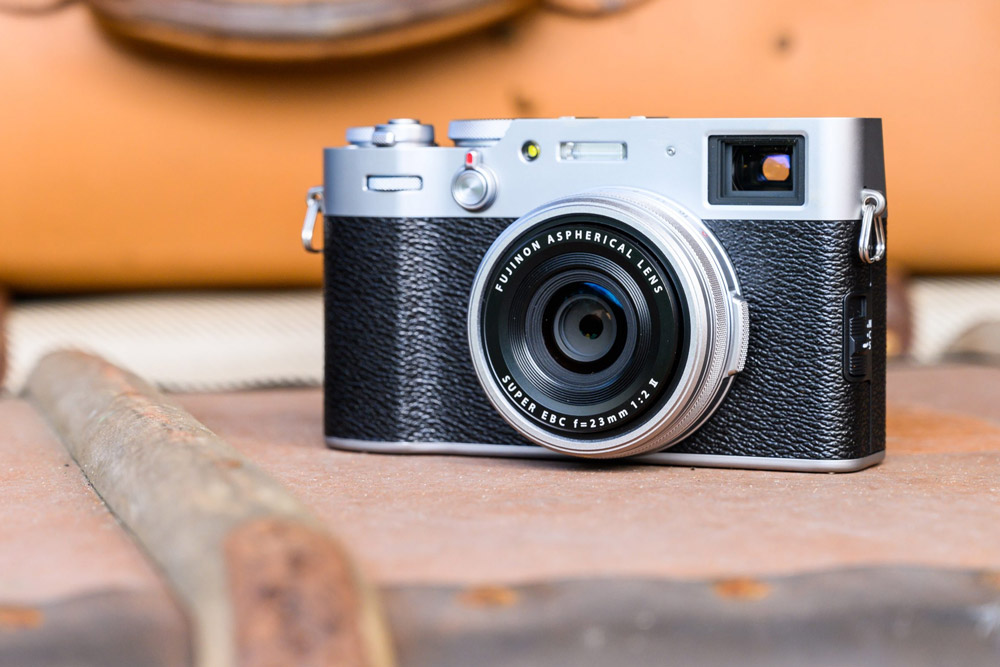
Fujifilm X100V Photo: MT/AP
But what if, in all this progress, we’ve actually taken out some of the joy of photography? Where is the challenge, when all you need to do is turn up with a camera, press the button, and you get an amazing photograph?
Where is the skill in mastering your hobby, where is the learning how to take better photographs, how to get your shots sharp, when your camera does all this for you?
Maybe this is why people are sticking with DSLRs, sticking with Pentax, sticking with digital rangefinders from Leica, sticking with Canon DSLRs, sticking with Nikon DSLRs, because there’s actually something fun, and challenging in photography with these cameras.
Maybe this is why there’s so much interest in both film cameras, and early digital cameras, as they often feature optical viewfinders, and perhaps this is why the DSLR is likely to stick around for even longer.
When you have to make sure your lens is at the right setting, when you have to make sure your focus is perfectly spot on, when you have to try multiple times to get the shot right, maybe this is the true joy of photography, rather than letting the camera do it all.
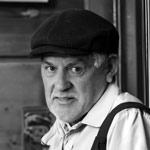 John Bridges, a keen photographer, and Canon DSLR user, has previously shared with us: The DSLR is not dead, Why I only buy Canon DSLRs, and NFTs are everything that’s wrong with the world.
John Bridges, a keen photographer, and Canon DSLR user, has previously shared with us: The DSLR is not dead, Why I only buy Canon DSLRs, and NFTs are everything that’s wrong with the world.
The views expressed in this column are not necessarily those of Amateur Photographer magazine or Kelsey Media Limited. If you have an opinion you’d like to share on this topic, or any other photography related subject, email: ap.ed@kelsey.co.uk.
Further reading:
- Can’t find the Fujifilm X100V, here are some X100V alternatives
- Find the best Pentax DSLRs
- Best Canon DSLRs
- Best Nikon DSLRs
- Best Leica cameras

